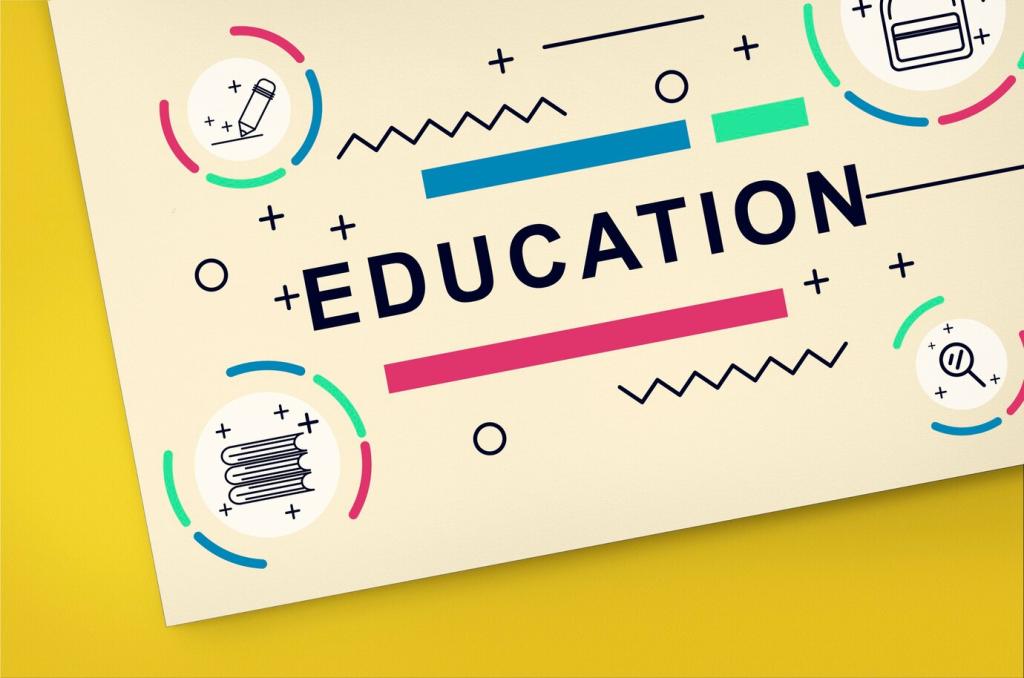
Effective Exam Strategies for Language Learners in English
Preparing for language exams can be a daunting challenge, but with the right approach, any learner can achieve success. Mastering the English language for exams involves more than just memorizing vocabulary or grammar rules; it requires a thoughtful and strategic plan that enhances comprehension, retention, and the ability to use the language in varied contexts. This guide explores proven strategies designed specifically for language learners, focusing on techniques before, during, and after the exam. By integrating these methods, candidates will not only boost their performance but also deepen their overall command of English.
Understanding Exam Formats and Expectations
Familiarizing Yourself with Question Types
Each English language exam features an array of question types, from multiple-choice and short answer to essay writing and listening tasks. Becoming acquainted with each ensures that you won’t be caught off guard or misinterpret what is being asked. Practice using sample questions from official materials whenever possible, paying attention to instructions and common traps. As you work through these, you’ll discover patterns in how questions are presented, allowing faster recognition and more accurate answers under timed conditions. Developing a mental map of question varieties will foster confidence and save precious minutes during the test.


Identifying Key Assessment Criteria
Exams often employ specific criteria to evaluate your performance, such as grammatical accuracy, range of vocabulary, coherence in writing, or the ability to infer meaning from context. Getting to know these scoring guidelines clarifies what examiners are looking for, so you can focus your efforts where they matter most. Seek out rubrics or scoring guides published by exam boards, and if possible, review examiner comments from past papers. This empowers you to self-assess your practice attempts and adjust accordingly, ensuring alignment with the official standards.
Building a Consistent Study Routine
Allocating specific times for study reinforces discipline and helps integrate preparation into your daily life. Determine your most productive periods, whether in the morning or evening, and reserve these slots for focused study. Setting clear timeframes prevents procrastination and ensures regular exposure to English. Use your schedule to alternate between different exam skills, so listening, reading, speaking, and writing each receive attention. Tracking progress with a simple calendar or journal can provide motivation and reveal areas that might need adjustment as the exam date approaches.
Previous
Next
Expanding Vocabulary Strategically
Learning vocabulary in context helps you understand how words function in real-life situations. Instead of merely memorizing definitions, immerse yourself in authentic texts—articles, stories, or dialogues—where new words appear naturally. Analyze how terms are used, paying attention to collocations, register, and connotations. Then, try crafting your own sentences using these words, making your learning active and meaningful. This approach not only aids retention but also enables you to use vocabulary appropriately during writing and speaking sections of the exam.

Mastering Grammar through Application
Applying Grammar in Realistic Writing Tasks
Practice is most effective when it mirrors real exam demands. Regularly write essays, reports, or letters that require the use of specific grammar points you’ve studied. Focus on complex sentence structures, verb tenses, and connectors, aiming for accuracy and variety. By editing your writing for consistency and correctness, you internalize the grammar rules, making it less likely to make careless mistakes under pressure. Peer review or feedback from teachers can further illuminate common errors and offer new perspectives for improvement.

Enhancing Listening and Reading Comprehension
Active listening entails more than just hearing words; it means comprehending intent, identifying main ideas, and noting supporting details or tone. Regularly listen to audio materials at or above exam level, such as news reports, podcasts, or academic lectures. Take notes, summarize content, and test yourself on key points to deepen understanding. This process not only builds your ear for natural English but also trains you to filter out distractions and retain essential information under timed conditions, mimicking the demands of the exam.

Practicing Under Exam Conditions
01
Sit through complete practice exams to replicate the real experience. Reproduce all conditions—timing, allowed resources, even the physical setting—so you can gauge your readiness objectively. This not only highlights areas for improvement but also builds endurance for lengthy exams. Post-test review is critical: analyze mistakes, assess time management, and adjust your strategies for weaker sections. These rehearsals instill confidence and prepare you to handle the psychological aspects of exam day.
02
Effective exam performance relies on your ability to stay calm and focused. Develop pre-exam routines such as deep breathing, mindfulness, or positive visualization to manage anxiety. Incorporate short, deliberate breaks during long study sessions or practice exams to maintain mental energy. Training yourself to recover from moments of distraction or stress ensures you don’t lose momentum on crucial questions. Confidence is cultivated by familiarity; the more you simulate real conditions, the more composed you’ll feel when taking the actual test.
03
After every practice test or timed task, dedicate time to systematically evaluate your work. Look for recurring errors, patterns in question types that cause difficulty, and analyze how you handled time constraints. Reflection should go beyond identifying mistakes—it’s about understanding why they happened and planning concrete steps for improvement. Keep a record of progress so you can recognize trends and acknowledge achievements, however small. This ongoing self-analysis turns every practice session into a learning opportunity, making each attempt more effective than the last.
Developing Effective Writing and Speaking Techniques

Structuring Responses for Clarity
Both written and spoken answers benefit from clear, logical organization. Practice using outlines or frameworks before launching into a response. For writing, develop habits such as drafting thesis statements, planning body paragraphs, and crafting strong conclusions. For speaking, map out main points and supporting evidence mentally before responding. Familiarity with organizational patterns—including compare/contrast, cause/effect, or problem/solution—enables you to adapt quickly to diverse prompts. Well-structured answers stand out to examiners and convey your ideas with greater impact and precision.

Enhancing Cohesion and fluency
Cohesion makes your communication flow naturally, while fluency ensures smooth and uninterrupted delivery, both crucial in exam scenarios. Use linking words, referencing, and varied sentence structures to connect ideas effectively in writing and speaking. For example, practice transitions like “however,” “in addition,” and “therefore” in context. Train for fluency by timing yourself during oral responses and reducing pauses or filler words. Reading your writing aloud also helps you identify unnatural phrasing or awkward breaks. Over time, these skills will make your language sound polished and confident.

Self-Editing and Continuous Improvement
Once responses are drafted or delivered, reviewing and refining them is vital. In writing, cultivate the habit of checking for grammar, vocabulary, and punctuation errors within the allocated time. For speaking, listen to recordings of your answers to identify areas for escalation, such as pronunciation or idea development. Seek out feedback from teachers or peers to gain new insights and avoid blind spots. Approaching revision as a cycle of growth ensures each attempt elevates your performance, fostering a mindset of lifelong improvement that benefits every exam and beyond.

Leveraging Support Resources and Feedback
Official resources—sample papers, practice questions, and examiner reports—are indispensable for aligning your preparation with the real test. Download sample tests from official providers and analyze the wording of questions, answer formats, and time allocations. Compare your practice responses to model answers to identify gaps. Often, these materials also include advice or commentary from exam writers, highlighting common pitfalls and recommended tactics. Systematic use of these resources ensures fidelity to the exam’s expectations, giving you peace of mind come test day.
Join our mailing list
